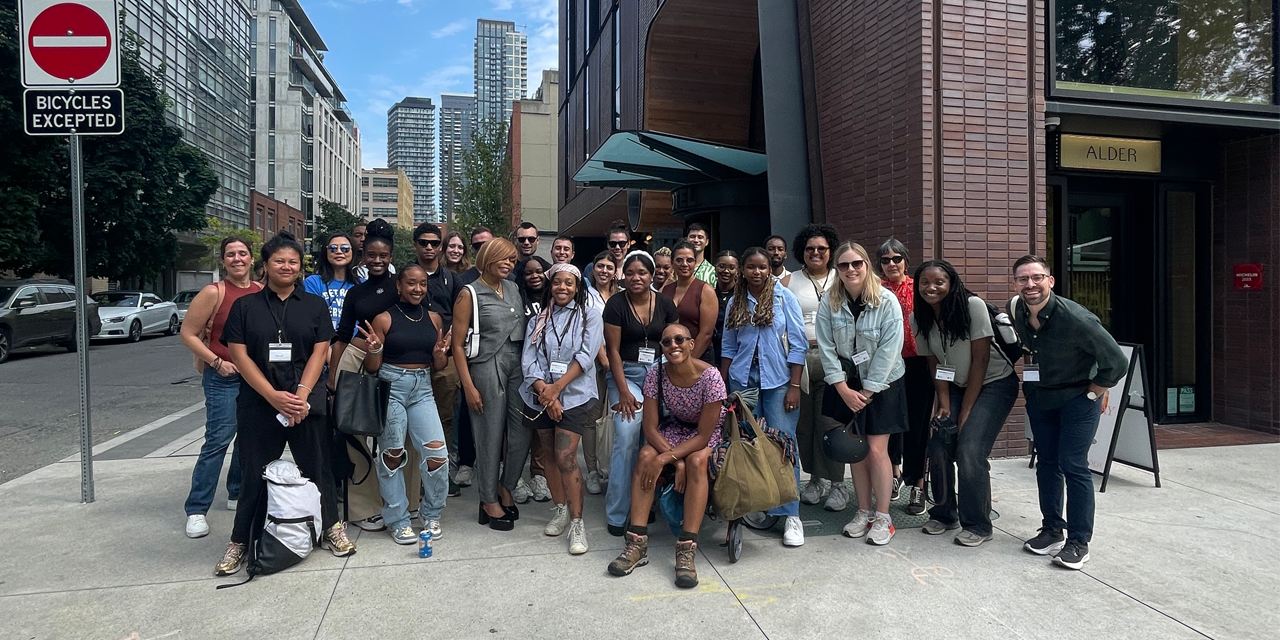
23 Dec KECC Returns Championing Bold Projects And Why It Matters Now More Than Ever
By Joanna Delos Reyes, Project Manager & Shannon Lawrence, Director of Programs and Development, 8 80 Cities
After a three-year hiatus, the Knight Emerging City Champions fellowships program returned this past summer to support young civic innovators with bold ideas for developing engaged, inclusive, and equitable communities toward a more effective democracy in the 8 Knight Cities: St. Paul Detroit, Akron, Philadelphia, San José, Macon, Miami and Charlotte. The program is powered by 8 80 Cities with funding from the John S. and James L. Knight Foundation.
The program has launched hundreds of civic leaders and over 100 public space and engagement projects for almost a decade. This year’s cohort adds to this legacy and brings innovative and creative ideas like alcohol-free pop-up events and collaborative art-making for climate resilience. These projects showcase the power of grassroots placemaking and community-driven solutions.
A lot has happened since we first met with the inspiring cohort of 20 young civic innovators in Toronto this past summer.
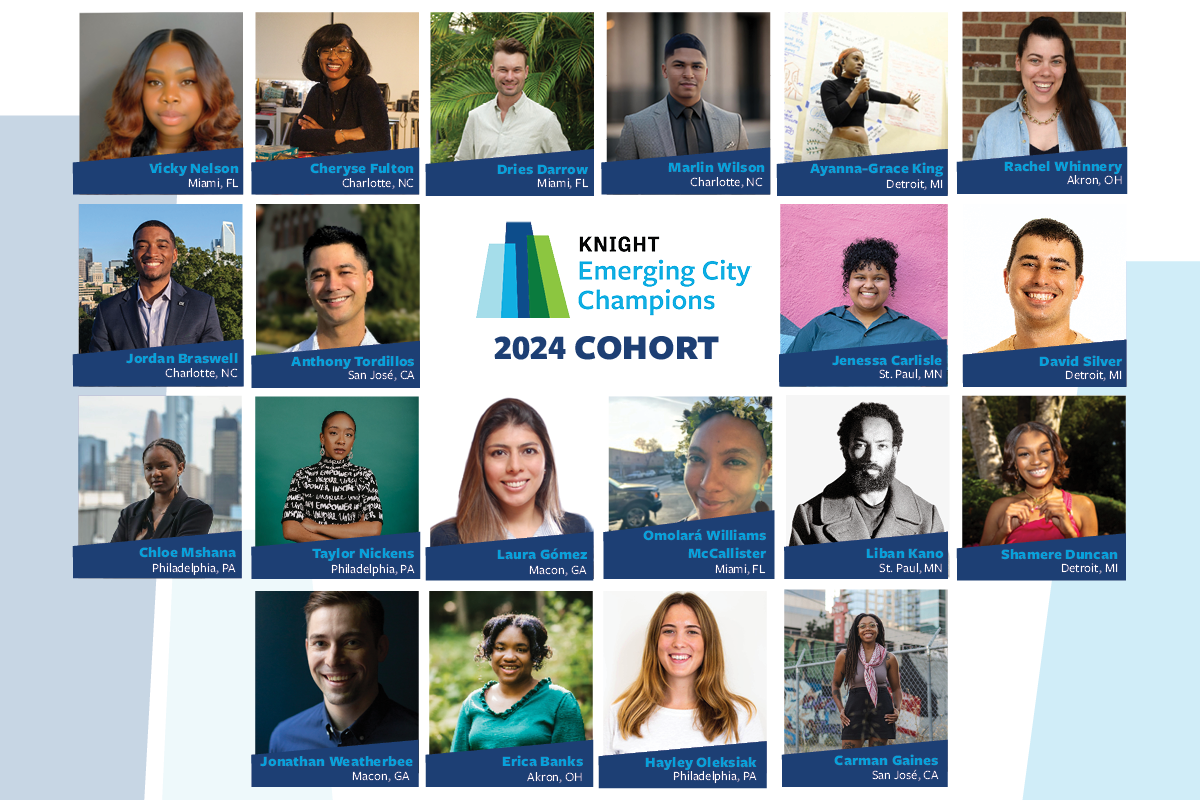
The Champions
The 20 young civic innovators come from different personal and professional backgrounds and have impactful ideas, from inclusive playgrounds in Macon to developing a cooperatively owned creative hub dedicated to BIPOC communities in San José. Through the support of the Knight Foundation, city builders and projects of all kinds have this unique opportunity to build on, test, and make their vision a reality.
The Fellowship
In its seventh year, the Knight Emerging City Champions fellowship program, a year-long fellowship, supports each champion and their project through creative solutions uniquely tackling Downtown and Neighborhood Revitalization, Public Spaces, and Economic Opportunities within their community. Participants receive $5,000 in seed funding, a $500 tech bundle, and access to support and networks as they implement their projects.
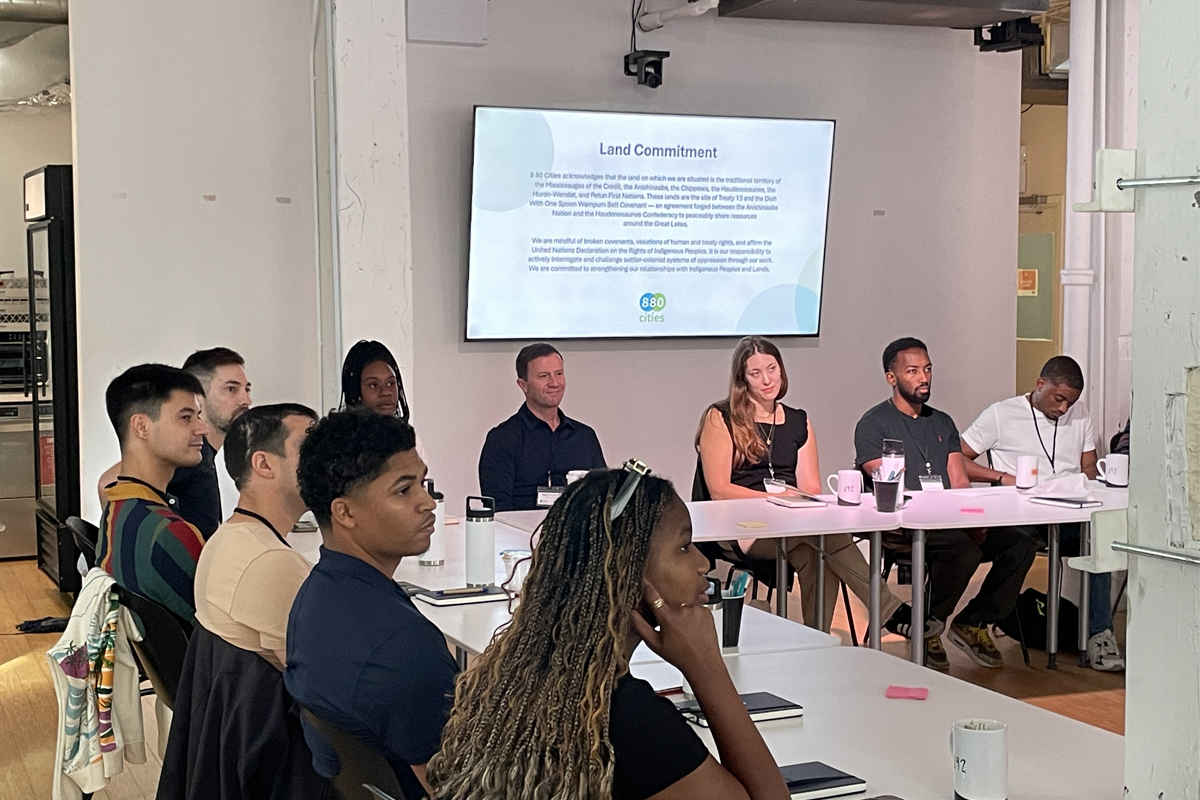
The Toronto Studio
The 2024 Toronto Studio marks the first in-person gathering since 2019. From August 23 to August 25, we had the privilege of meeting and hosting an incredible group of 20 young civic innovators from across eight Knight Cities (learn more about them and their projects here), each passionate about transforming their communities through bold and innovative projects. For some, it was their first time leaving the United States, and for many, it was their first time in Toronto.
We had the challenge of curating a three-day studio designed to align with participants’ project interests and ignite their imagination about what is possible. What unfolded was an intensive introduction and just a taste into Toronto’s legacy of community-led spaces, places, and leaders.
We aimed to recognize both a city’s strengths and imperfections—how local action often responds to government frustrations and how people take matters into their own hands to create positive change. While frustrations with the city are real, a closer look reveals hope, creativity and sheer grit in community efforts that sometimes go unnoticed or taken for granted.
The Studio started with an inspiring day at the Centre for Social Innovation, Toronto’s first co-working space. We began with a powerful presentation by Lindsay Kretschmer, who led an Indigenous Cultural Awareness Workshop, grounding participants in the territory from which they would be learning over the next few days. Lindsay spoke of family and a (re)connection to culture, offering deep insight into Indigenous perspectives on knowing and kinship. Champs asked insightful questions, drawing parallels to their cities in the US.
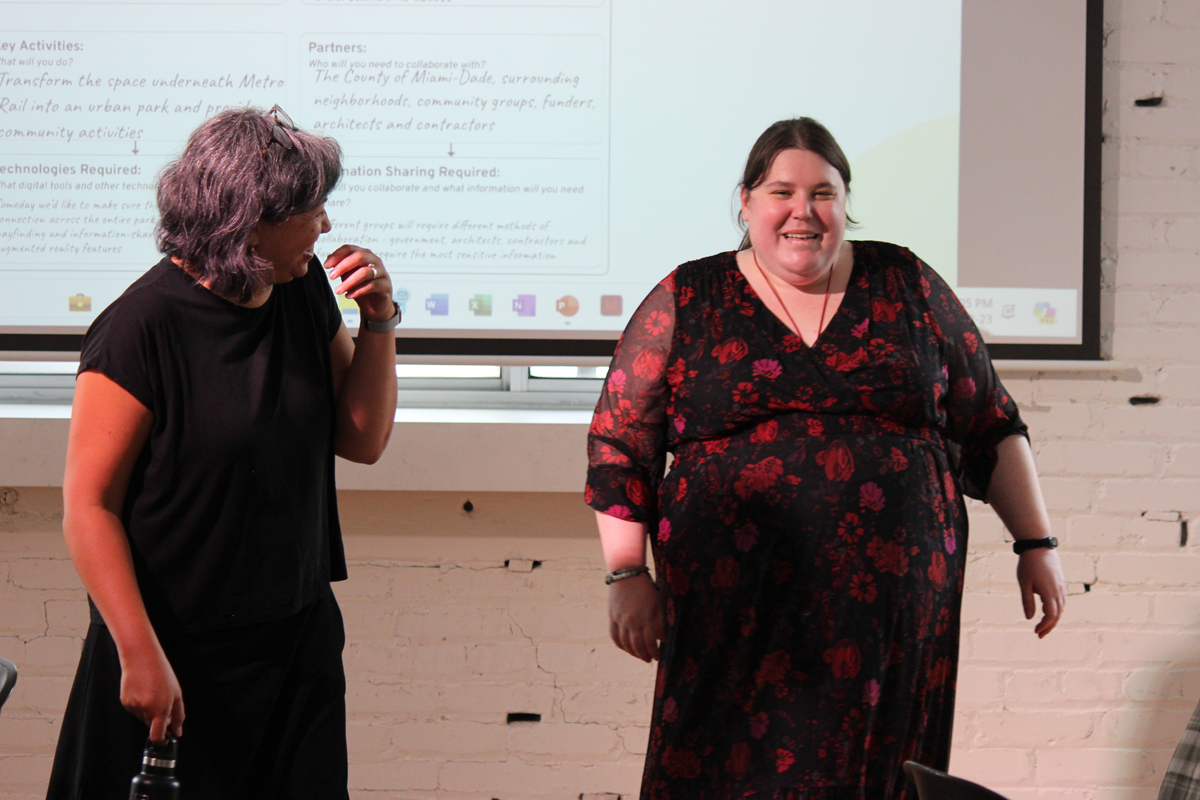
The day transitioned to the first of three modules facilitated by our civic tech partners at Helpful Places. Throughout the fellowship, Helpful Places will continue to offer valuable insights into the growing influence of technology in public spaces and coach participants on the unique needs of their projects. Champs were curious to learn more about the potential of AI technology, human-centred design and harnessing technology for community engagement.
The day’s final session took us to Toronto’s Chinatown, beginning at the Cecil Community Center and continuing to Chinatown Centre Mall’s anti-displacement garden and Unit 270. This portion of the day, led by the Toronto Chinatown Land Trust, focused on building community power in Chinatown. Throughout the day, participants had opportunities to connect, break some ice, and enjoy a communal meal hosted by The Depanneur featuring local Mexican eats from visiting chef Erika Araujo.
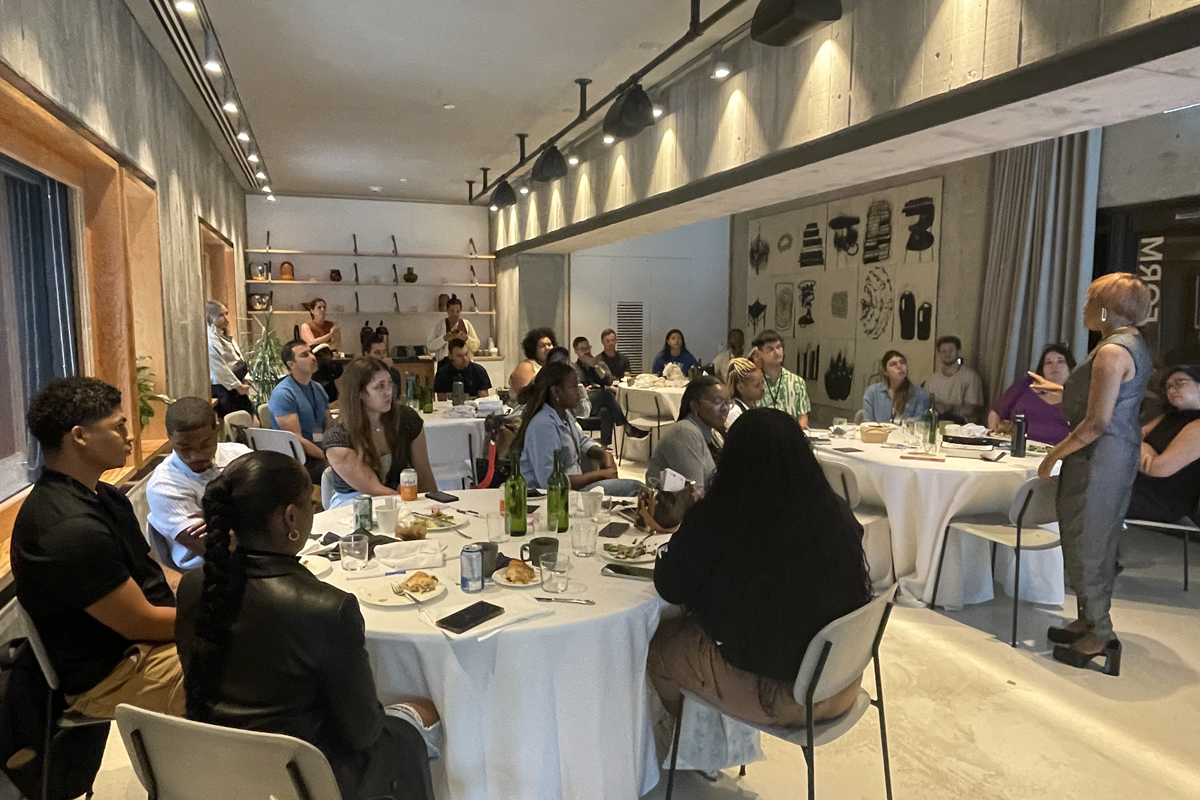
On day two, participants were captivated by a keynote from internationally renowned placemaker and author Jay Pitter. Jay spoke on the power of positionality and equity-based placemaking. Many participants resonated with her placemaking principle of “leaning into discomfort,” sparking dialogue and critical reflection amongst the folks in the room.
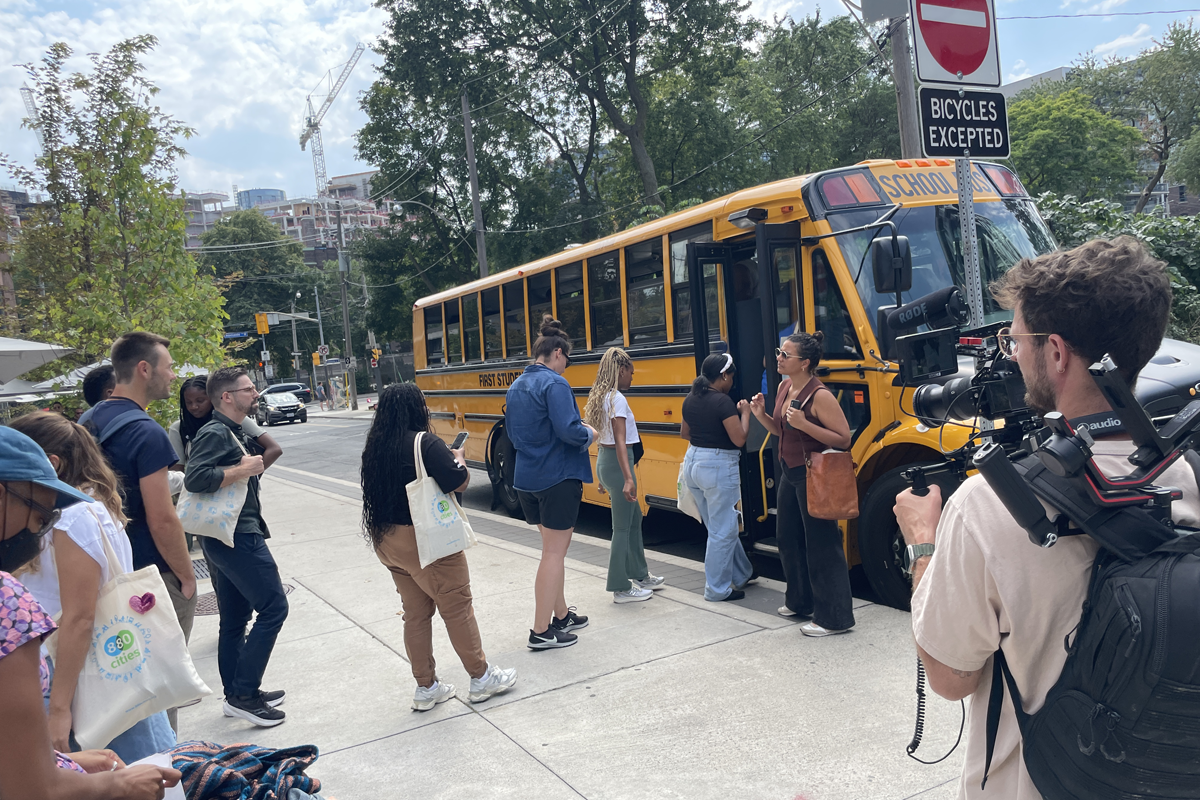
After a thought-provoking morning that left us with a sense of challenge and connection, we continued our journey by boarding a classic yellow school bus and exploring other parts of Toronto outside the downtown core.
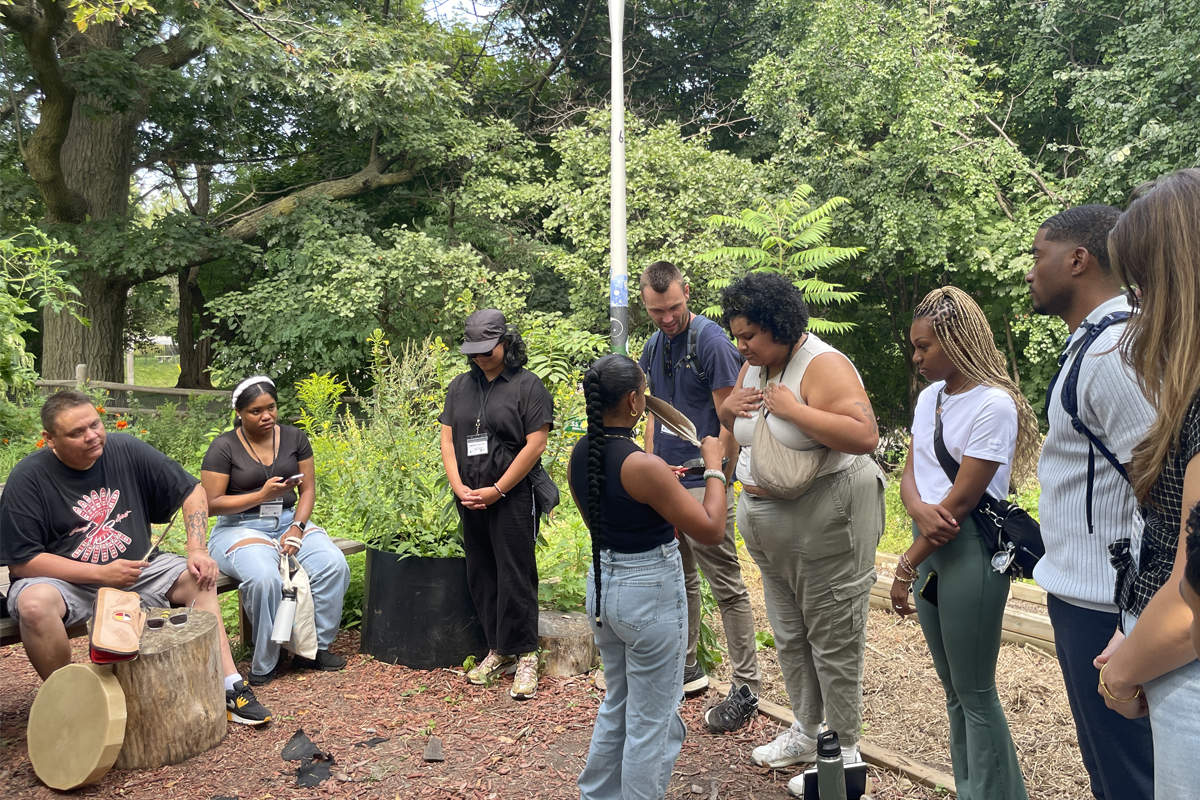
Our first stop was Mashkikii, skiing Garden, a garden run in partnership with Na-Me-Res and The Stop, where we met with John Lafrome from Na-Me-Res, who leads their life skills program where much of their work is centred around the garden. The session focused on reclaiming traditional food security, health, and healing approaches. We are deeply grateful to John for his generosity in sharing his teachings, knowledge, and time and for guiding us through the garden.
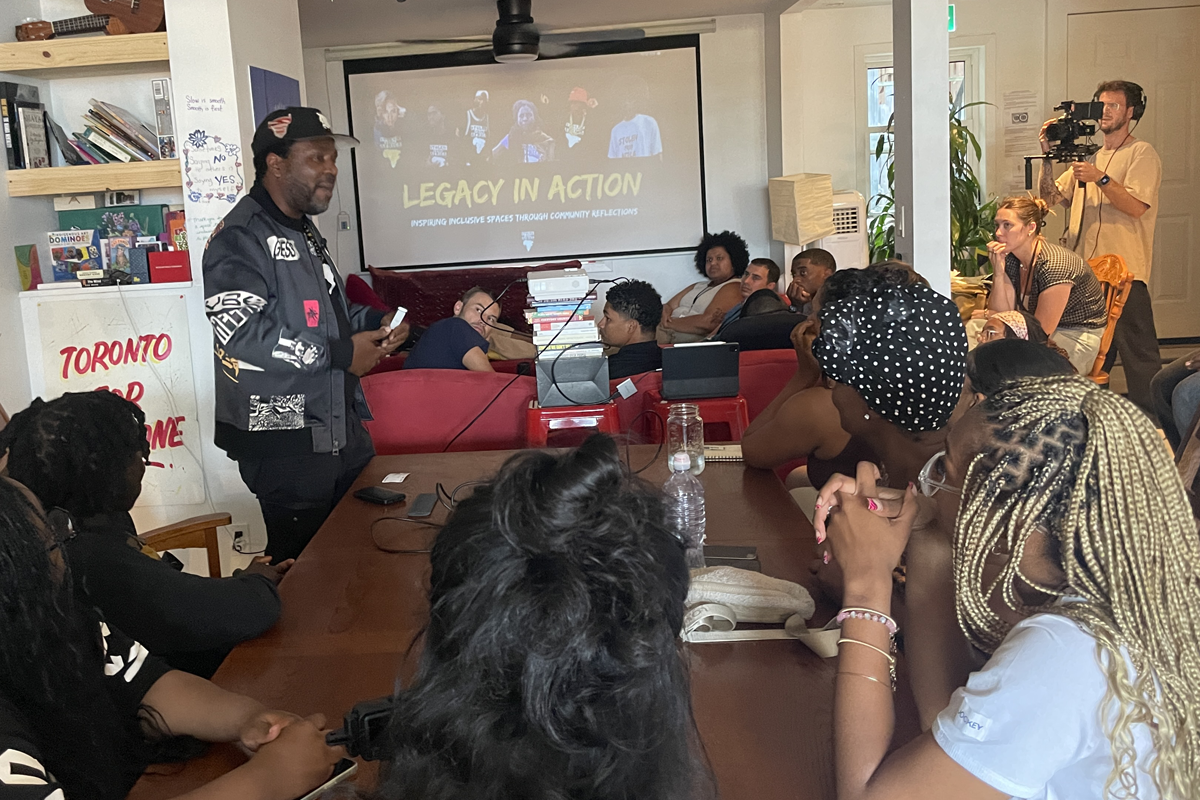
Our next stop was Oakwood Village, near Little Jamaica, where we met with the team at Reset for a “care and connection experience.” Imagine this session as a live-action choose-your-own-adventure – participants could select from a range of activities, including a guided meditation, a walking tour of Little Jamaica (of course with a pit-stop to Randy’s Patties), or a cozy chat in Reset’s basement on the theme of loneliness. There was also plenty of sorrel and snacks provided by Earla’s Kitchen for everyone to enjoy. This meaningful pause helped recharge everyone for the next session with a talk from community leader Neil “Logik” Donaldson. He then shared his inspiring journey, taking a grassroots youth initiative and building it into Stolen From Africa, one of Toronto’s most celebrated nonprofit arts education organizations. He introduced us to 4sante, one of the talented young leaders from his program, who joined us fresh off the heels from a performance showcase at It’s OK Studios, which coincidently happened to be the venue of the last day of the studio.
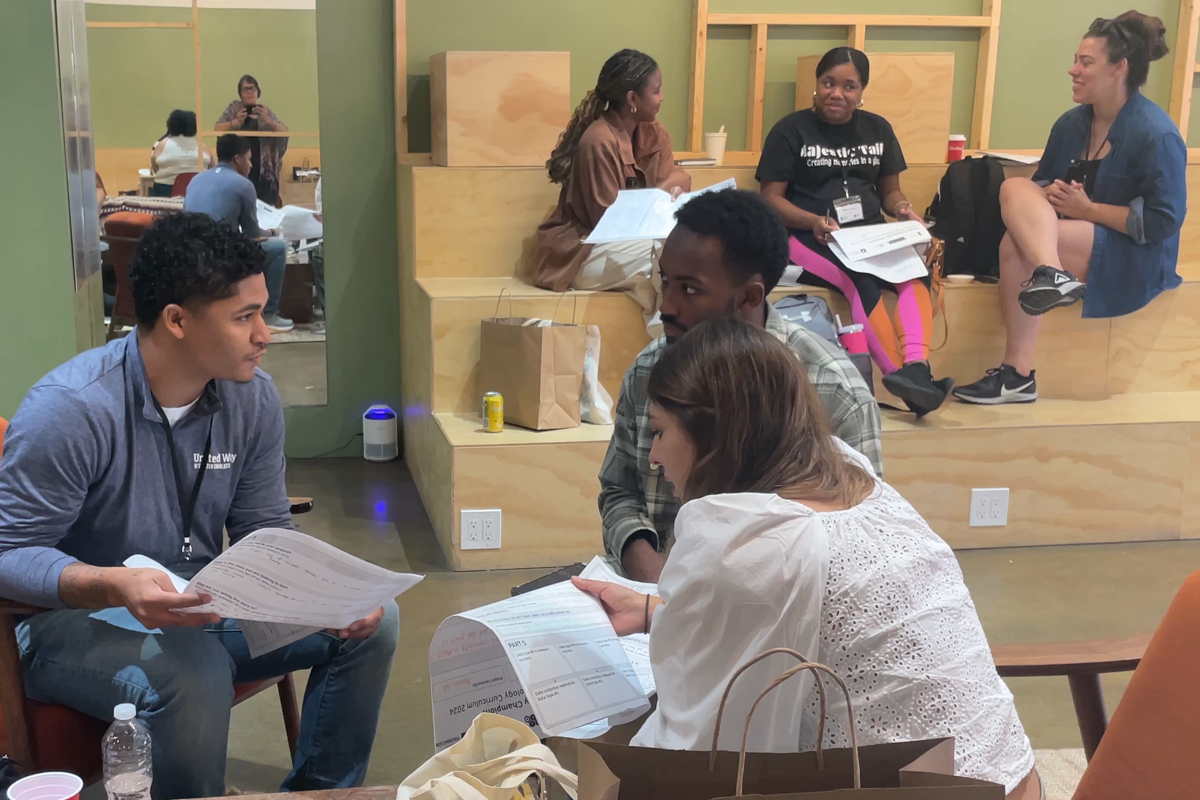
On the final day, we could sense that participants were feeling the effects of two packed days of programming. Yet, they arrived at It’s OK Studios, still eager to make the most of the last few hours of the studio. It’s OK Studios, a former shoe store transformed into an independent, Black-led, interdisciplinary arts space, served as the perfect backdrop for this final session. Members of It’s OK Studios gave a tour and shared the vision behind this cultural venue, setting an inspiring tone for the day.
Participants then engaged in a “Board of Directors” exercise, using worksheets from Helpful Places as a foundation. They pitched their project ideas to one another in small groups, gaining valuable feedback and support. A few bold champions, nominated by their groupmates, even presented their pitches to the entire group.
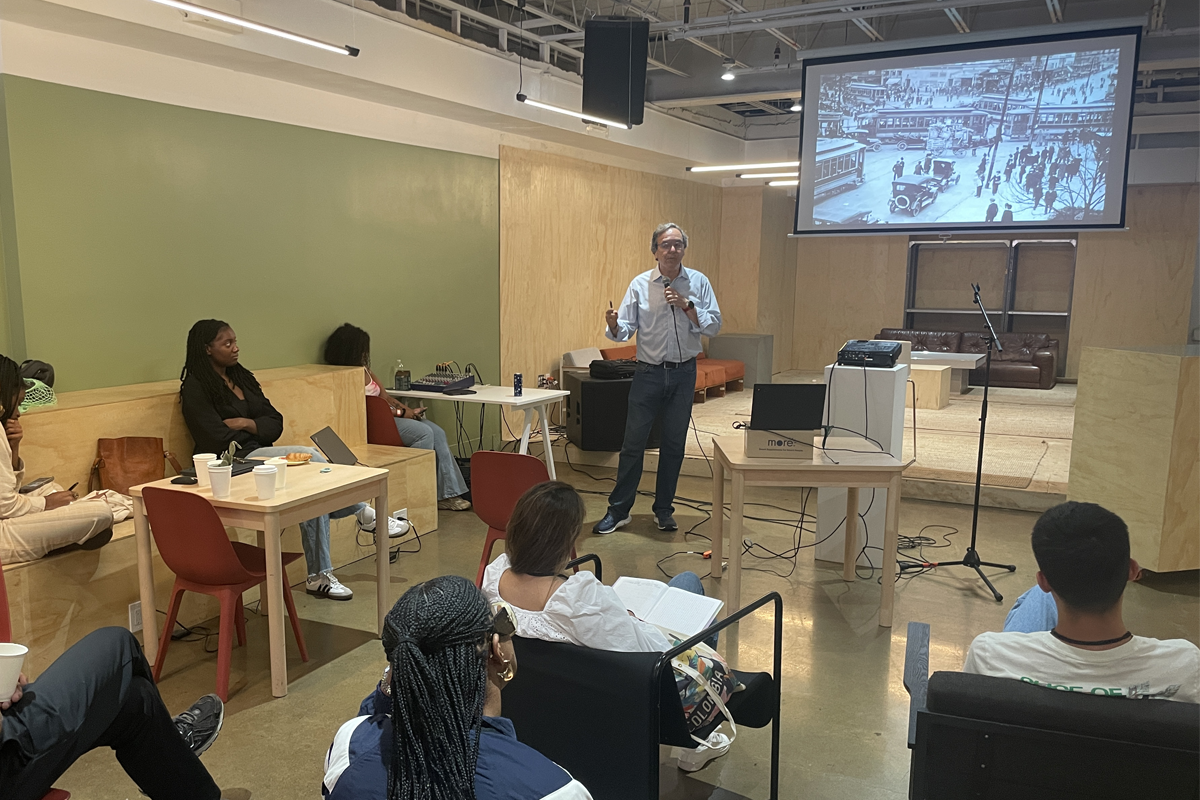
As the final keynote, we welcomed 8 80 Cities founder and chair Gil Peñalosa, who delivered a fun and engaging keynote on “Cities for Everyone.” His talk reignited the room’s enthusiasm, with everyone fully engaged and inspired by his vision for inclusive cities. We closed with a period of reflection, inviting each participant to write a letter to their future self—a personal message they’ll revisit later in the fellowship to reflect on their growth.
Equipped with fresh insights and inspiration, and, we hope, a new network of support, champs slowly made their way out of It’s OK Studios. Some needed to head to the airport immediately, while others came up with plans to explore a little more of the city. It was wonderful to see new connections taking root, though it was bittersweet to say goodbye to the champions who had made our city their home for a few short days.
What’s Next: Why Local Change Matters More Than Ever
Much has happened since the August studio, including the US election this past November. As we watched the election play out from across the border, we continued to be inspired by the perseverance and work this group of young civic champions took on. Now more than ever we see community support as critical to responding to global challenges.
In cities across the U.S., from local sustainability initiatives to art-based activism, the Knight Emerging City Champions are part of a broader movement of change. While the responsibility should not only fall on the shoulders of local organizations and leaders, we know the place for their work is tremendously important in building a broader culture of inclusive civic engagement and as part of strengthening democracy. Building safety and resilience in the community was a theme we tried to highlight at the Toronto Studio; many of Toronto’s initiatives were born out of a need to protect vulnerable community members. As we look ahead, the ideas and actions underway with these 20 champions remind us that bold ideas and collective action are key to driving transformative change and building a more engaged, inclusive, and equitable future.

